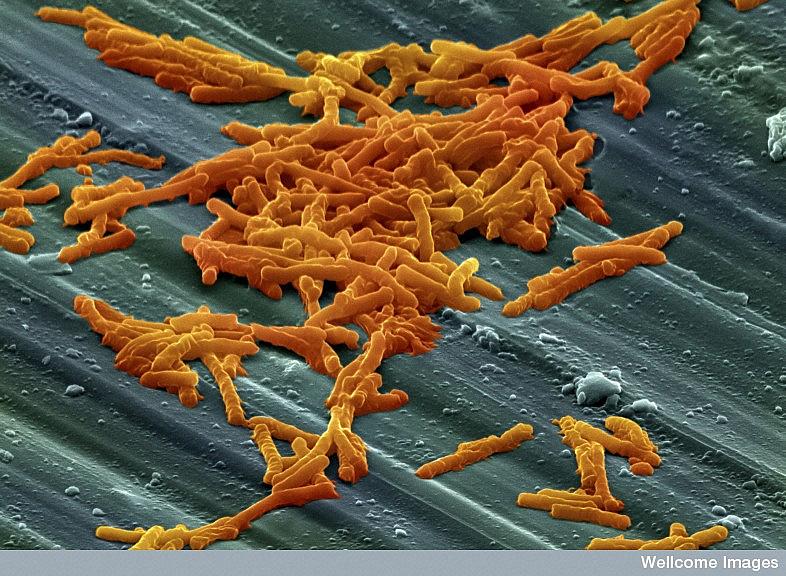Herd Immunity: Let's Put Innovators in Fighting MRSA and Healthcare-Associated Infections on the Map

We know that healthcare-associated infections (HAI) are going to happen. We don't always know where they happen – which is the main reason Antidote is creating the Herd Immunity map.
We also don't always know what happened in the wake of these infections.
Some of you suggested that hospitals who take these infections seriously be given credit on the map. Health public relations consultant Shelly Gordon wrote:
What if the hospital behind the HAI disease or death has taken measures to bolster infection prevention. Shouldn't that be included in your criteria? You can't imagine how many hospital teams are working on the problem with so many factors inside and outside the hospital as contributors.
Gordon makes a great point. If you see a hospital, clinic, nursing home or other entity on the Herd Immunity map, and you have proof that they made substantial changes as a result of the infection, send me a note, and I'll post it to the map.
Also, I have started mapping hospitals that are trying to innovate in combatting infections. I added University of Rochester Medical Center to the map after researchers there secured a grant to study ways to prevent methicillin-resistant staphylococcus aureus (MRSA) infections.
Charles Simmins at Examiner.com wrote:
University of Rochester medical researcher Dr. Stephen Kates has been awarded a $3 million grant by a Swiss foundation to lead a team seeking to stop the drug-resistant staph infections called MRSA. These infections often result in serious illness and even death in patients. The grant will help the doctor oversee eight research projects including potential immunization against the illness, best practices to prevent the illness and studies of the treatments available.
It's that type of thinking that could save people from the fate suffered by Virginia Valentine. She was admitted to Trinity Mission Health & Rehab in Byhalia, Mississippi. Shortly after admission, she developed a Clostridium Difficile (C. Diff) infection, according to WREG in Memphis.
After she died, her family sued for wrongful death and settled with Trinity for an undisclosed sum. One important thing to note here, according to Jonathan Rosenfeld's Nursing Homes Abuse Blog, Trinity required all patients to sign away their legal rights upon admission, a practice that has become common even for a routine dental visit. Rosenfeld, a personal injury attorney in Chicago, wrote:
Even though Ms. Valentine had executed an Alternative Dispute Resolution Agreement at the time of her admission to Trinity Mission, which called for all disputes to be resolved via arbitration, her family was successful in invalidating the agreement based upon multiple errors on the part of the facility.
Know of a healthcare-associated infection that should be added to the map? Send me a note with links to your source. If you have primary documents, like lawsuits or inspection reports, send them, too. I'll scan them and post them. You can find me at askantidote@gmail.com or via Twitter @wheisel.
Related Posts:
Herd Immunity: Mapping MRSA and Other Superbugs, One Case at a Time
Herd Immunity: Spotting MRSA and Other Superbugs Should Be As Easy As Mapping Cows
Herd Immunity: Better Definitions and Better Data Could Help Stop Superbugs
